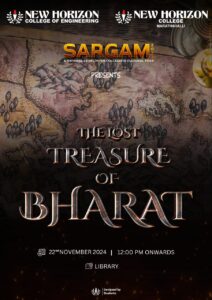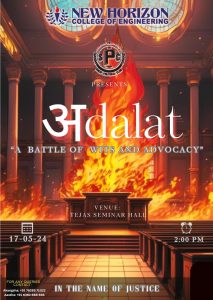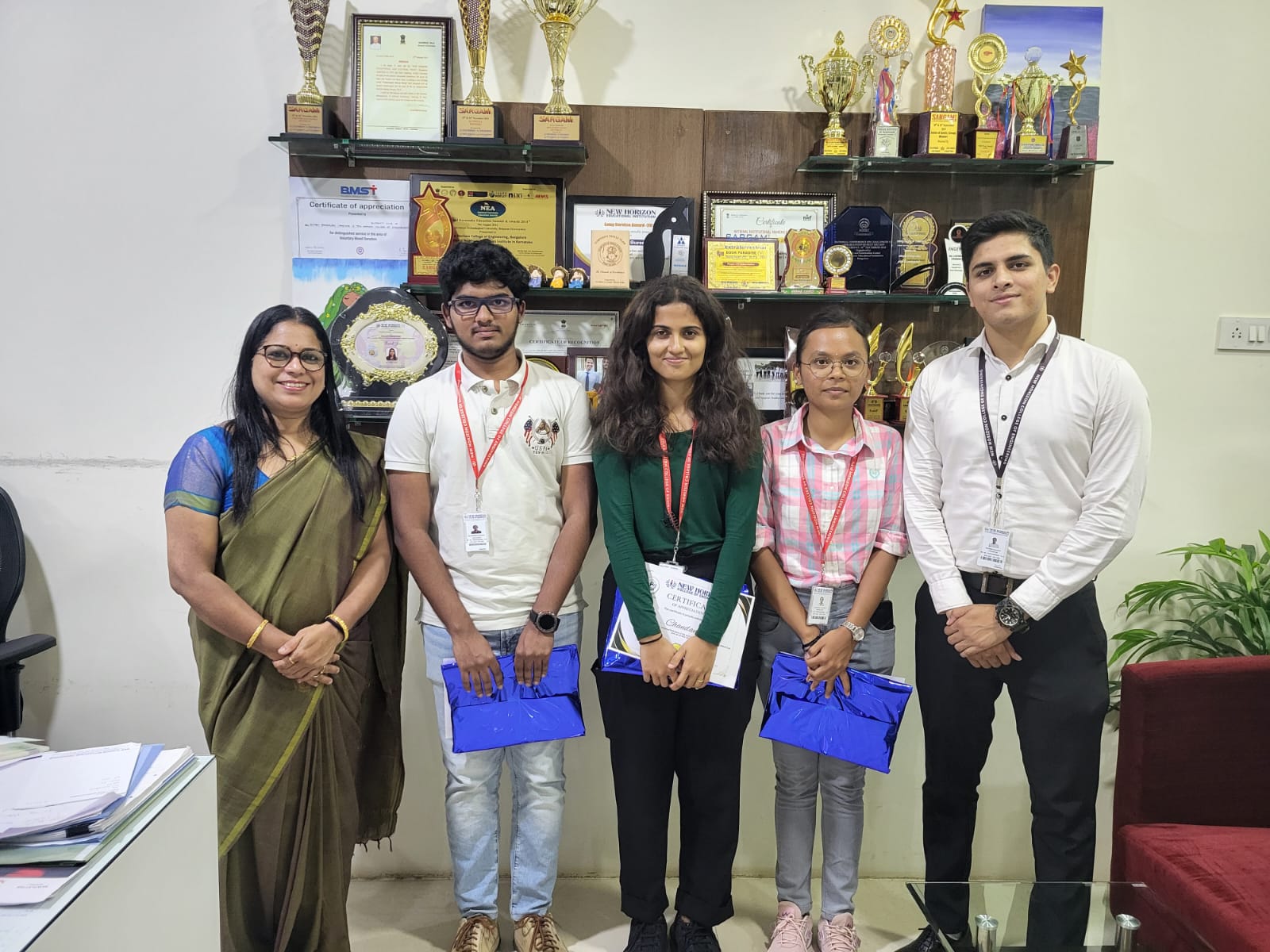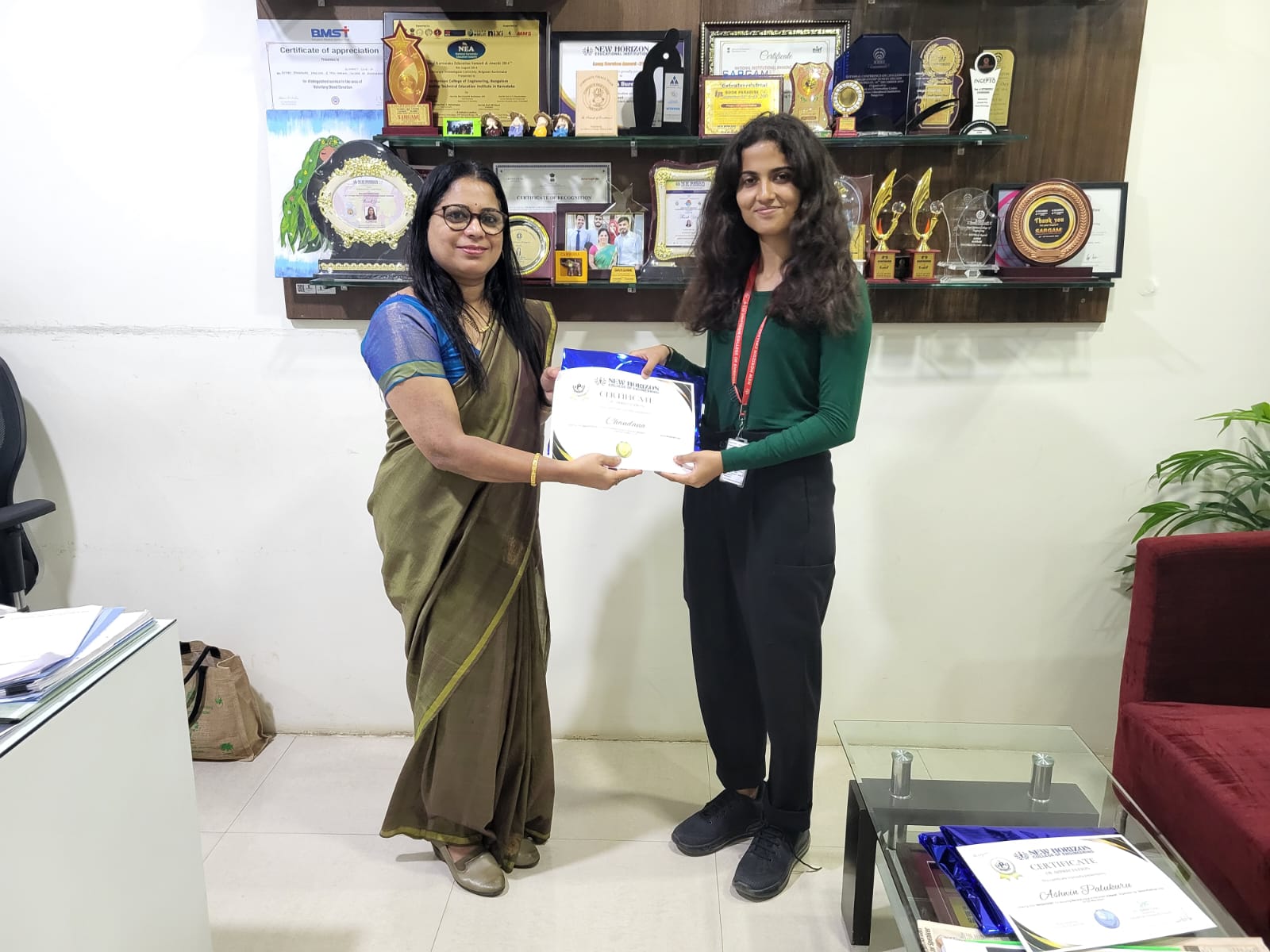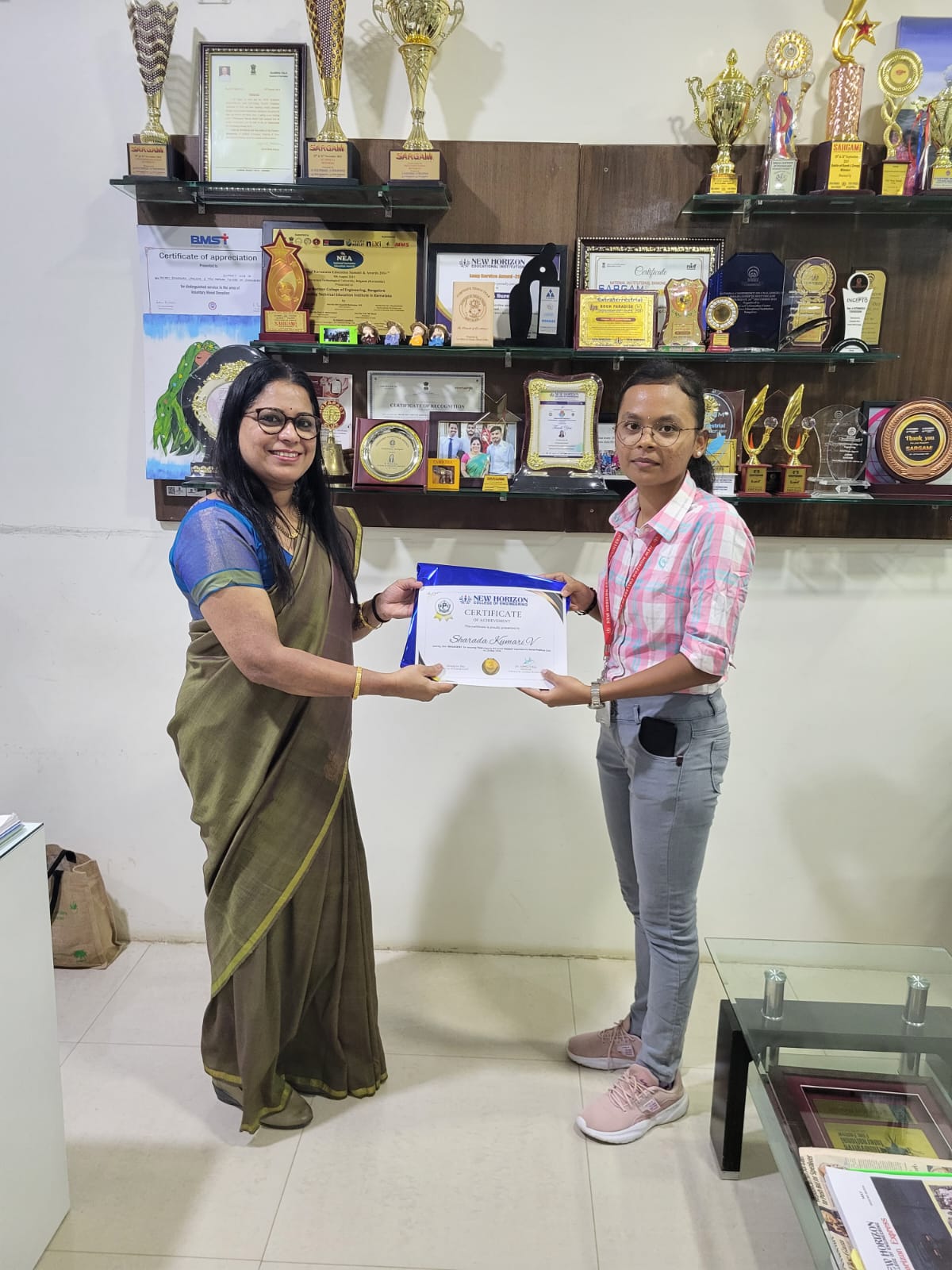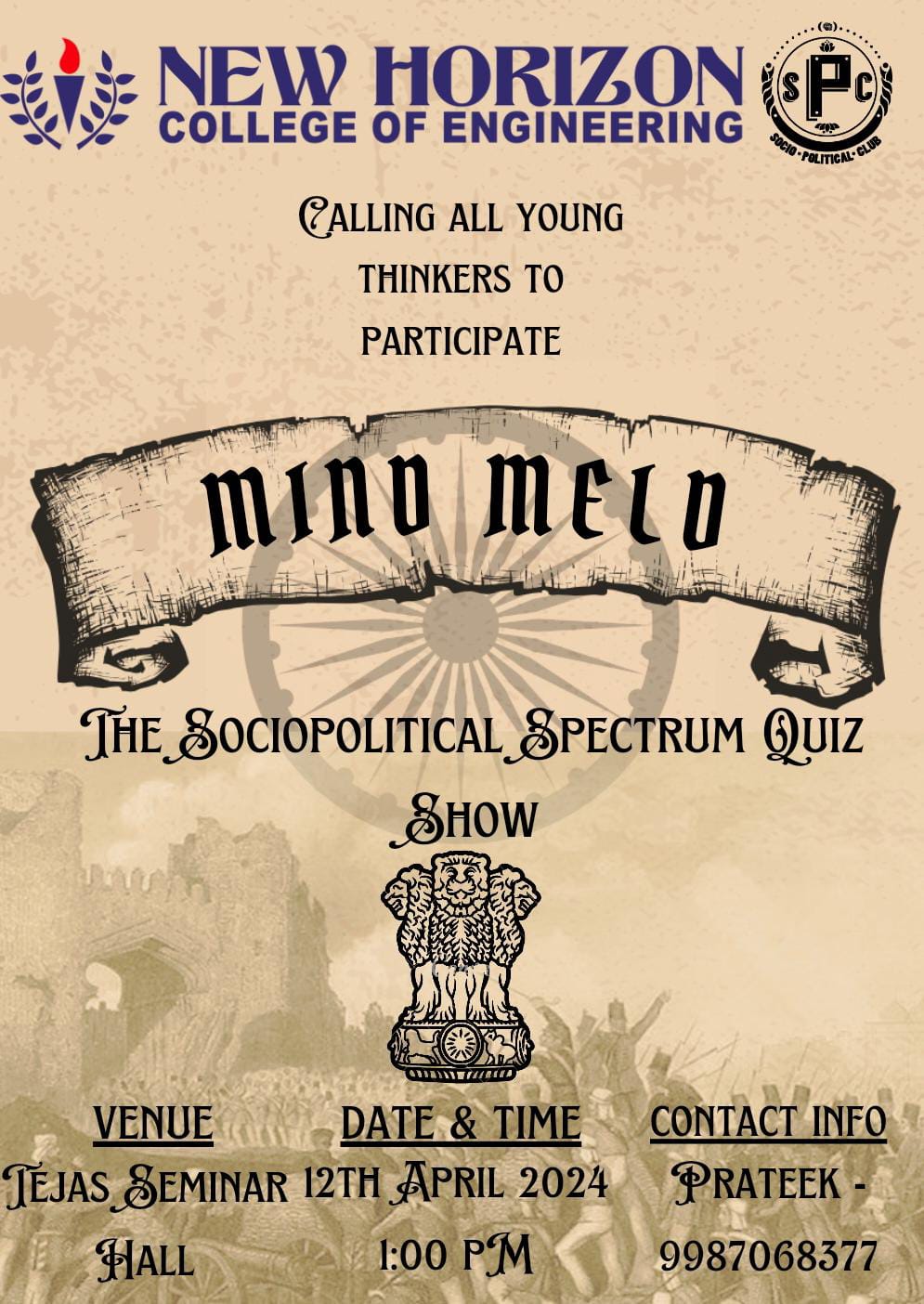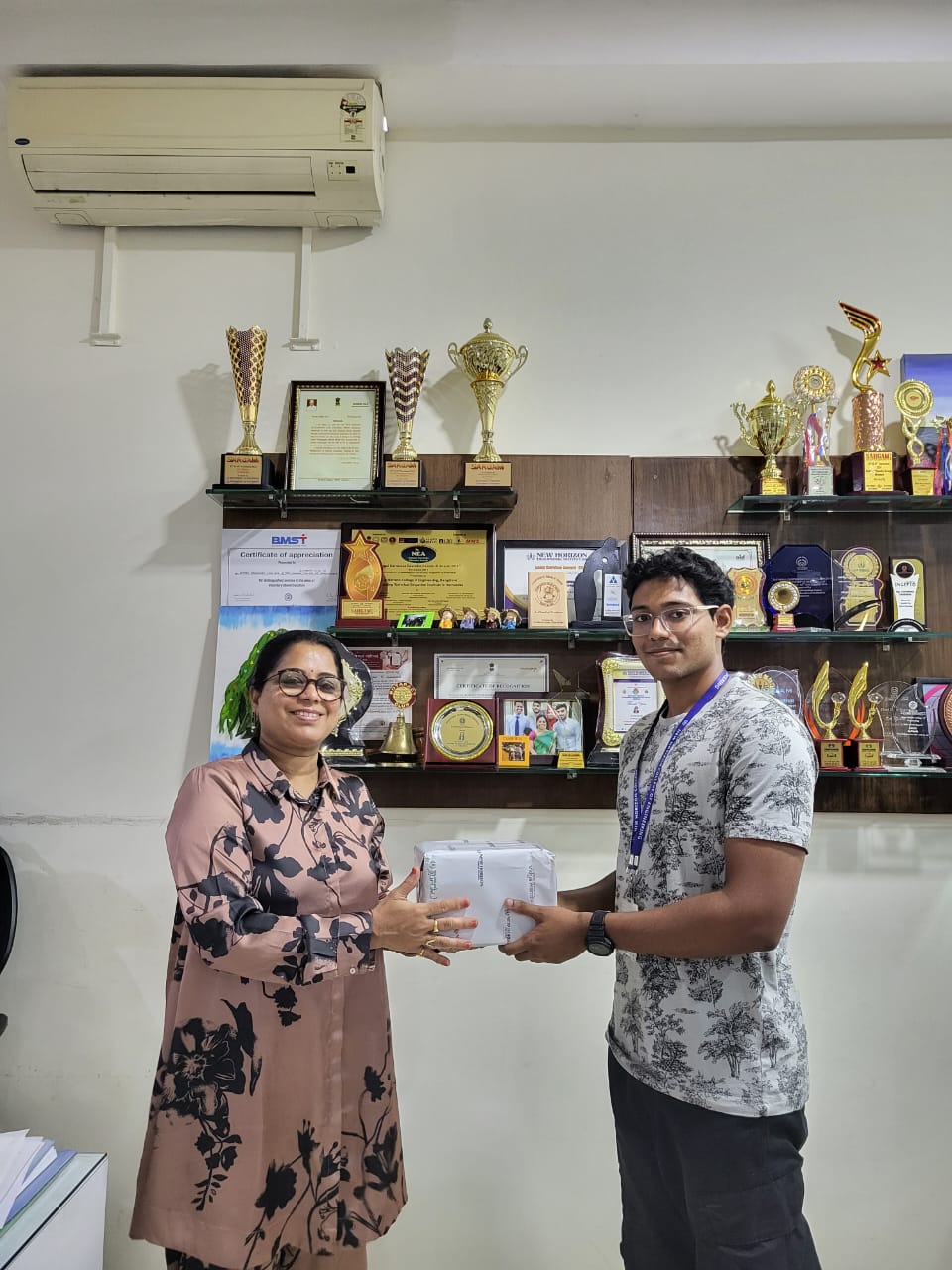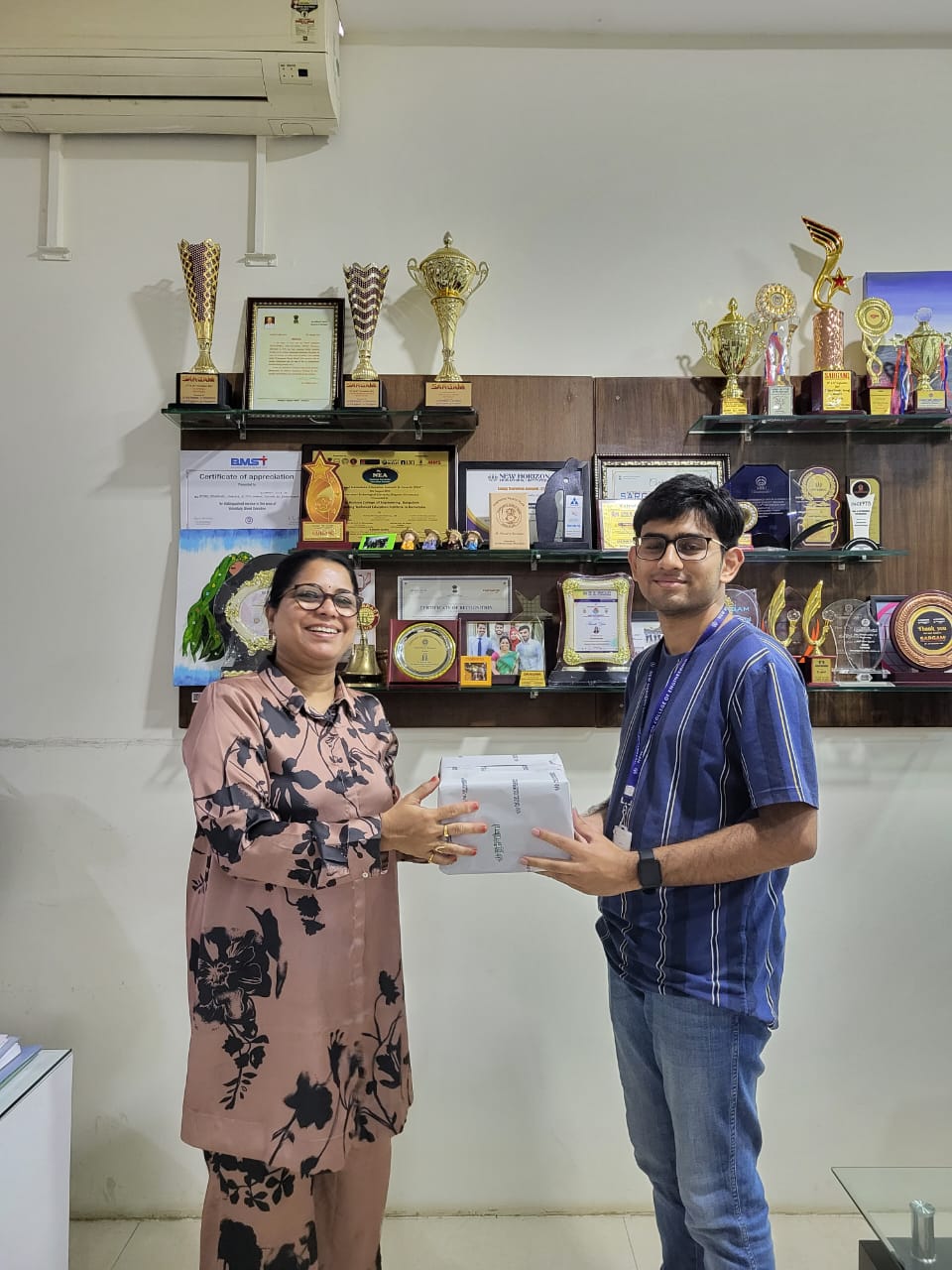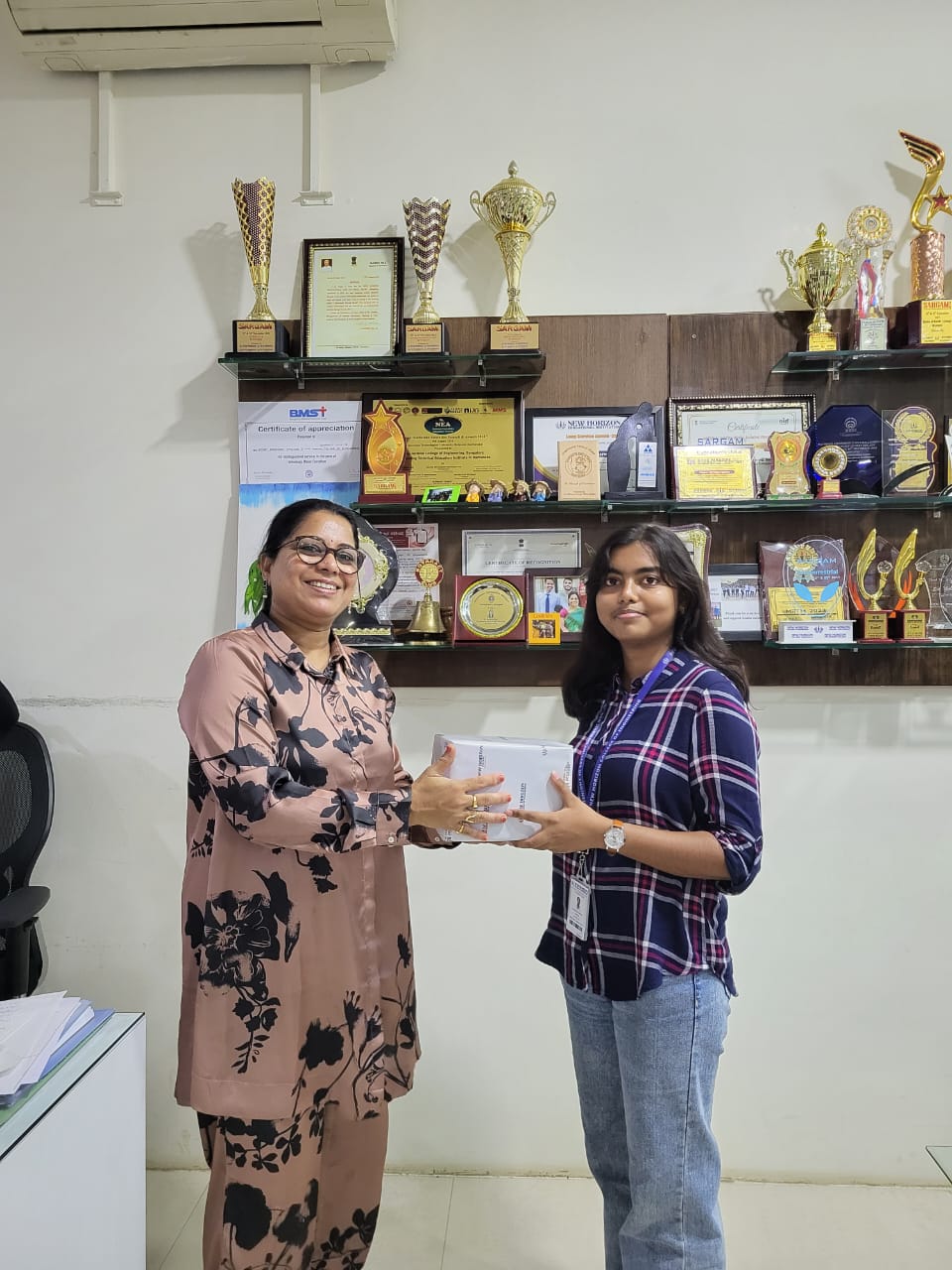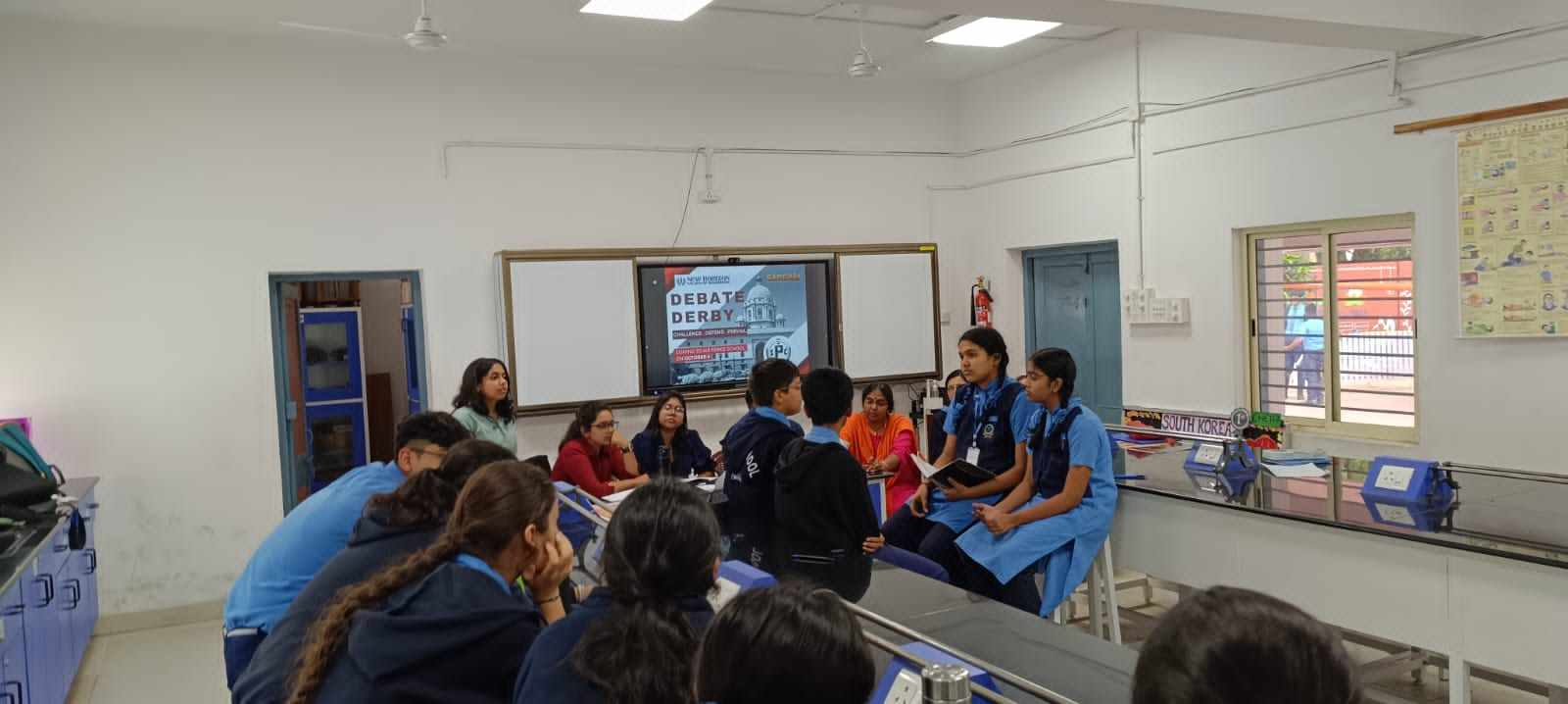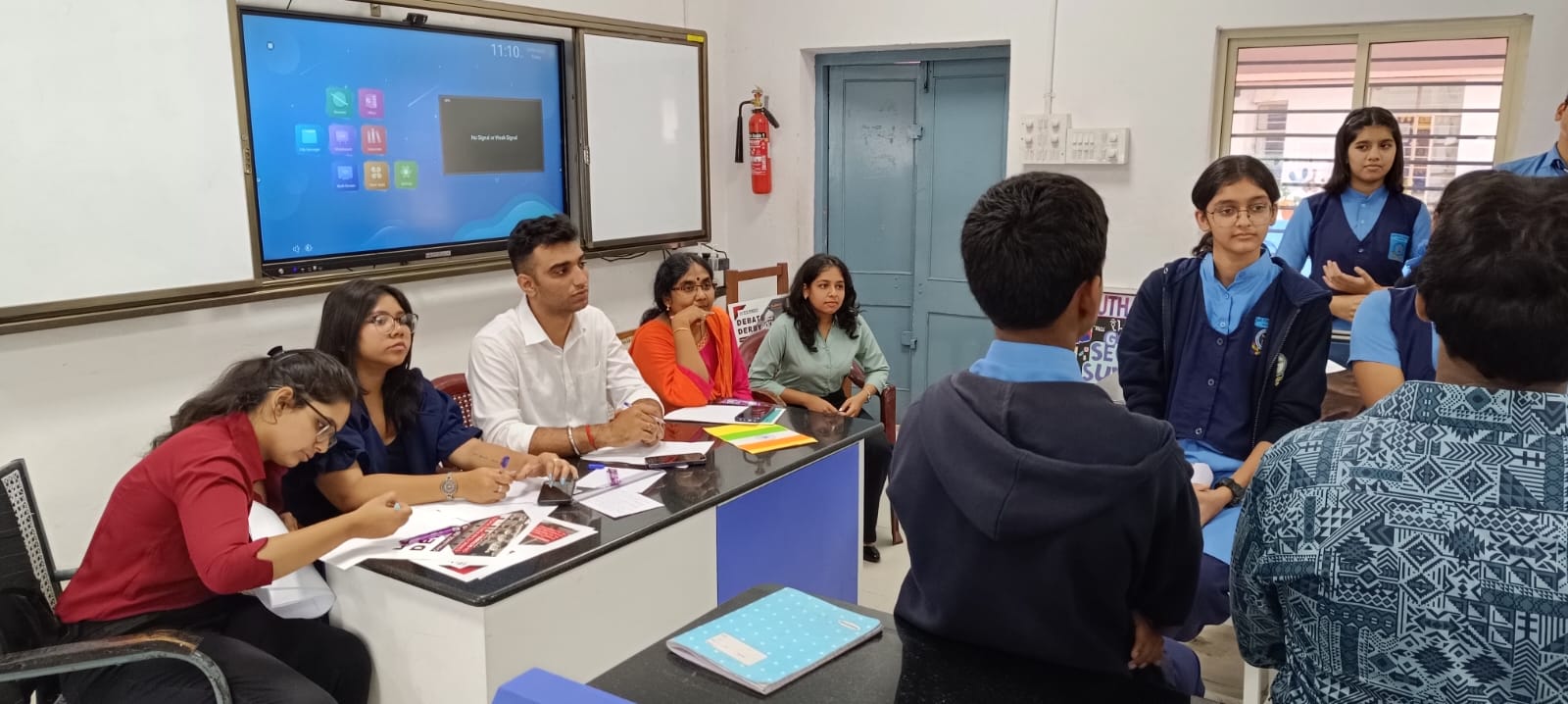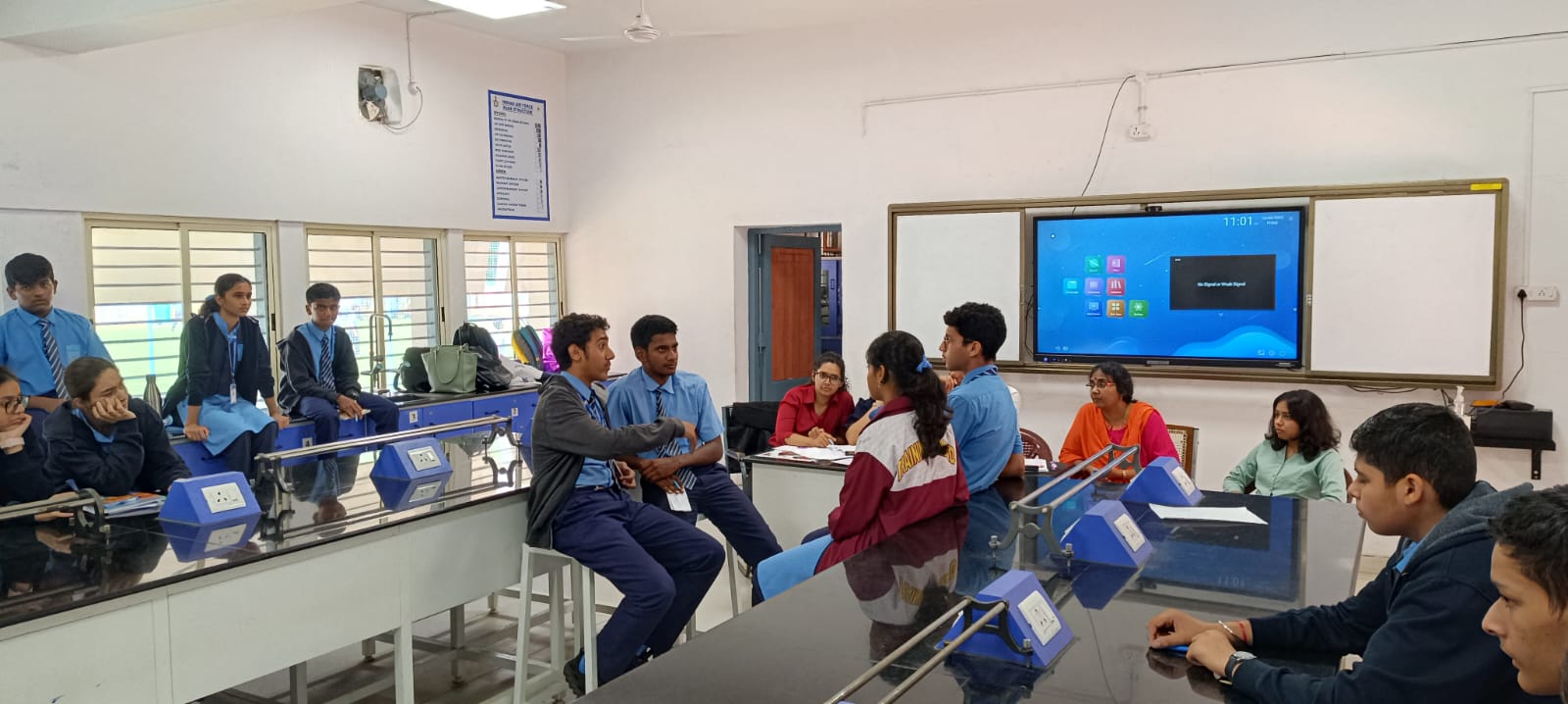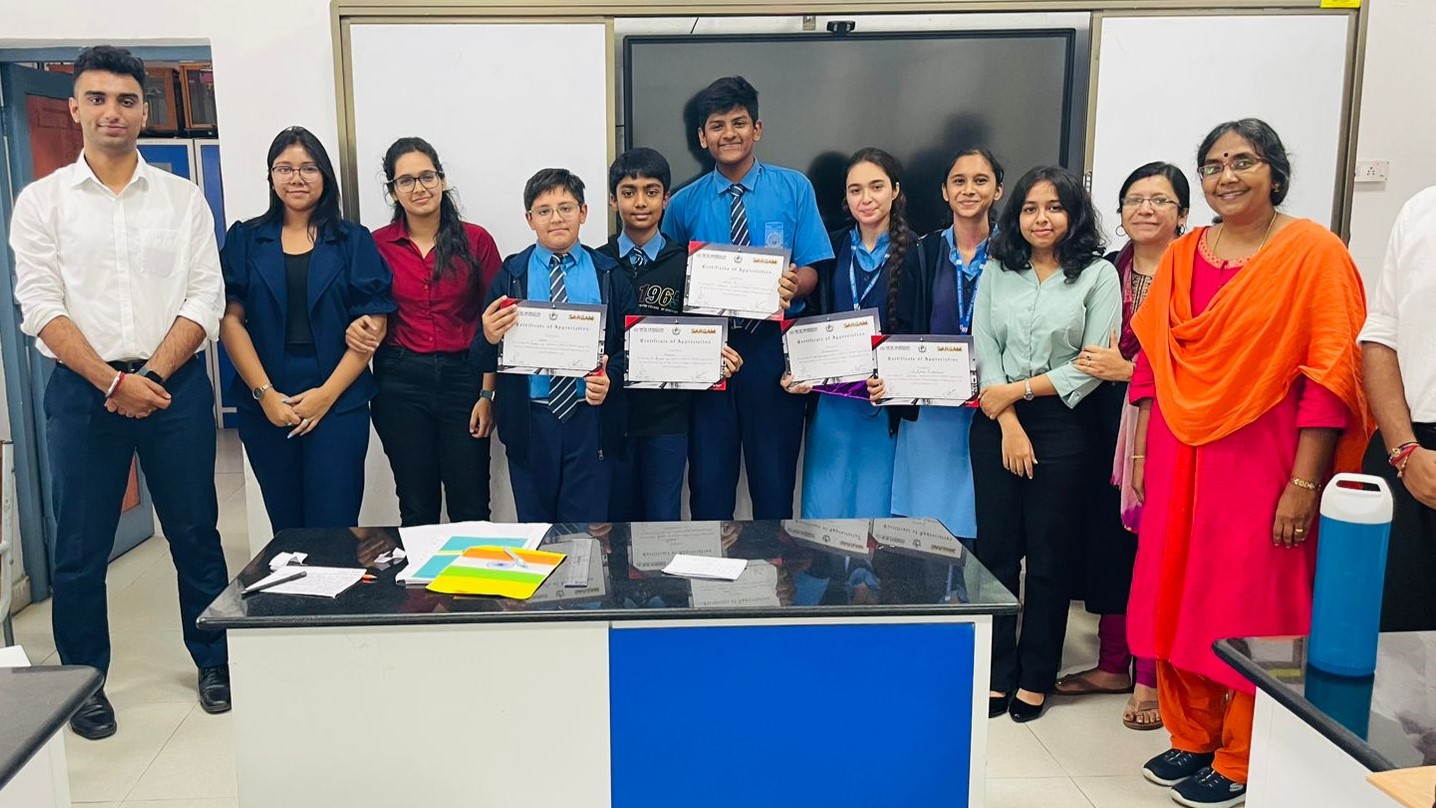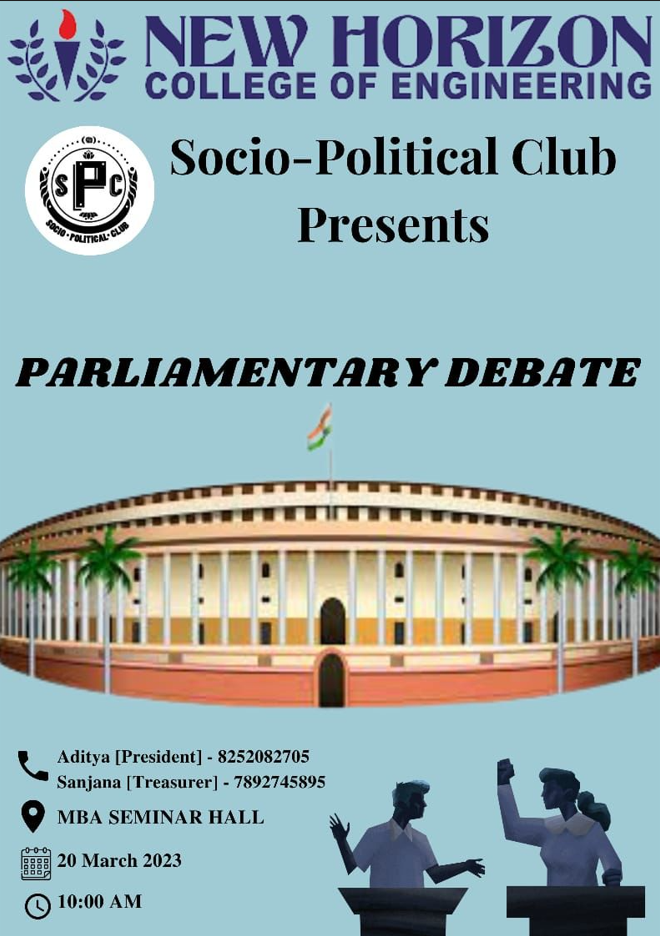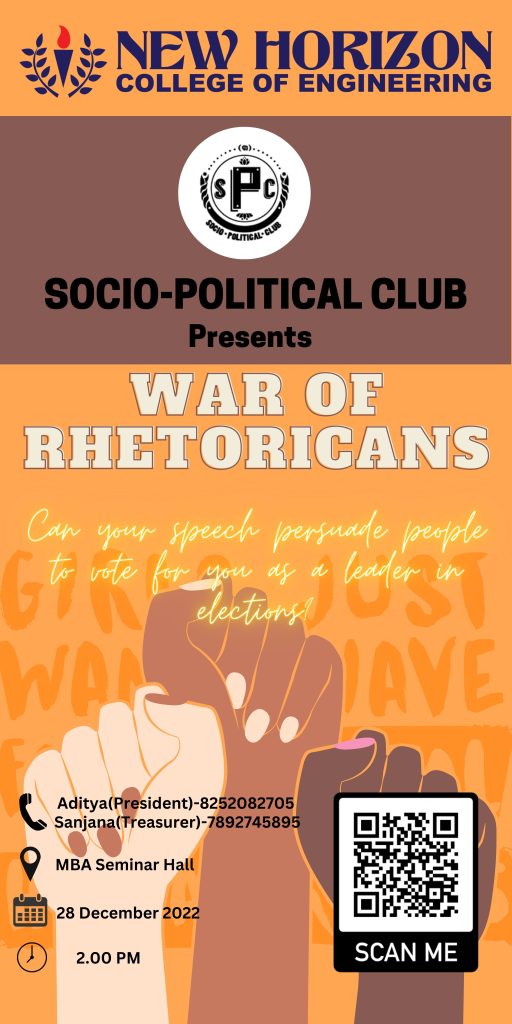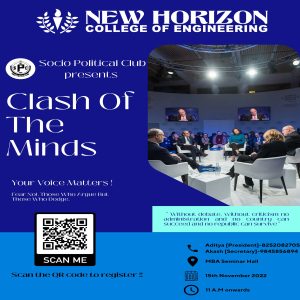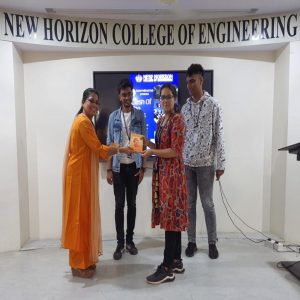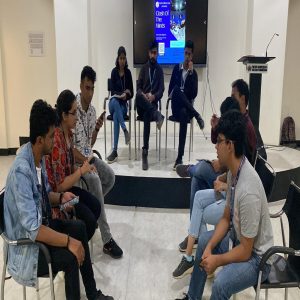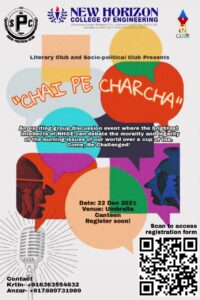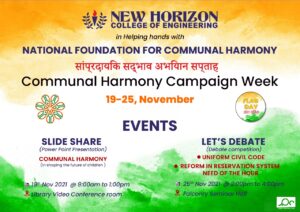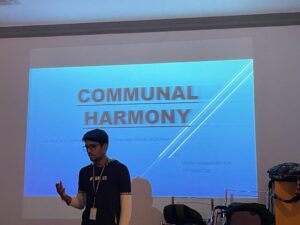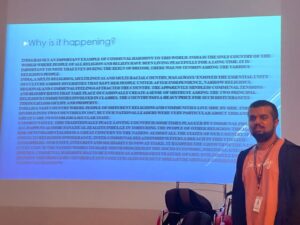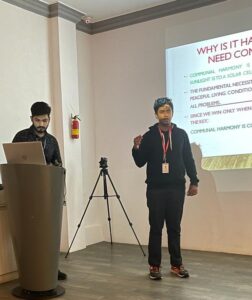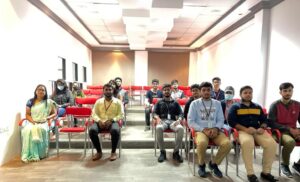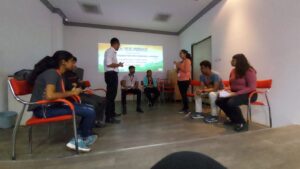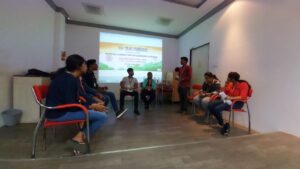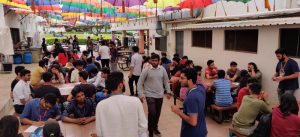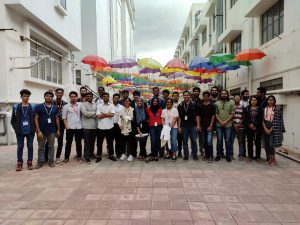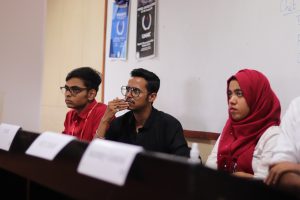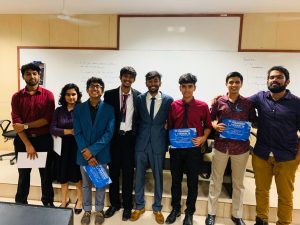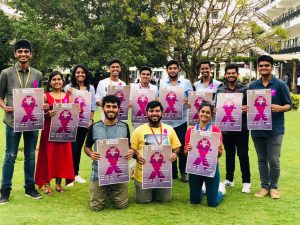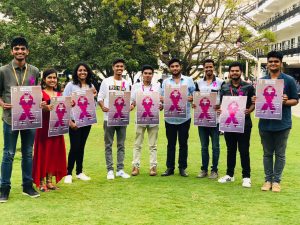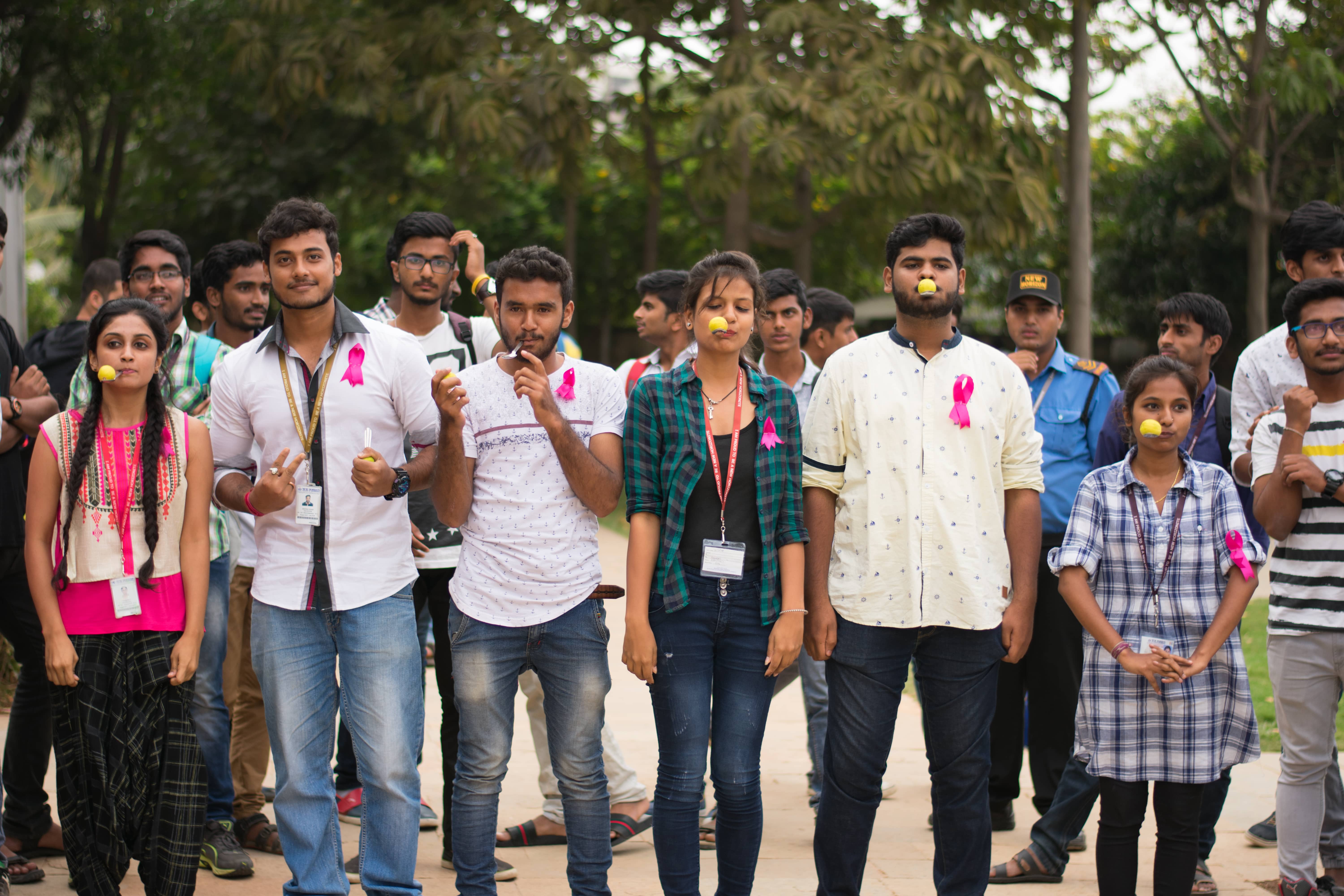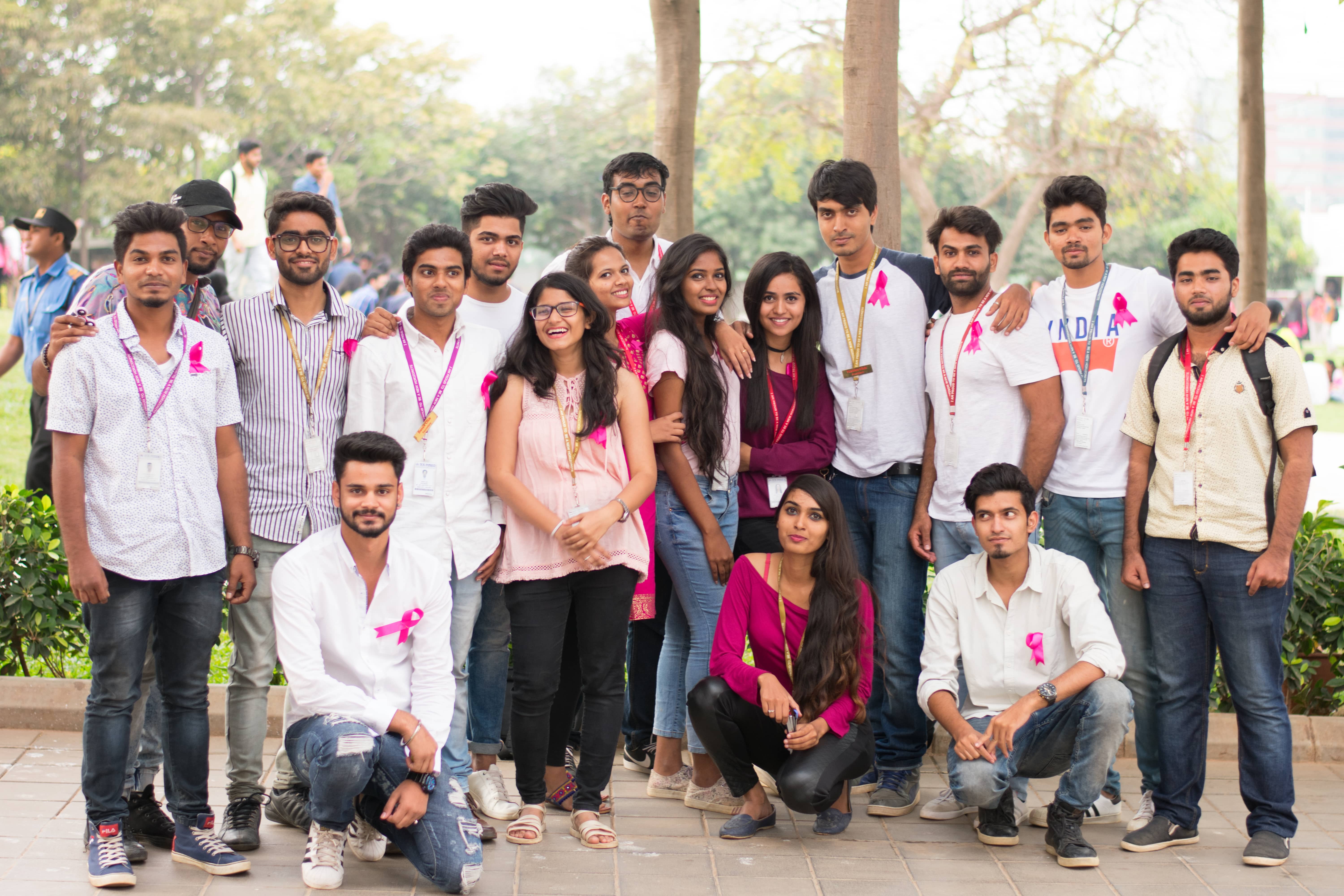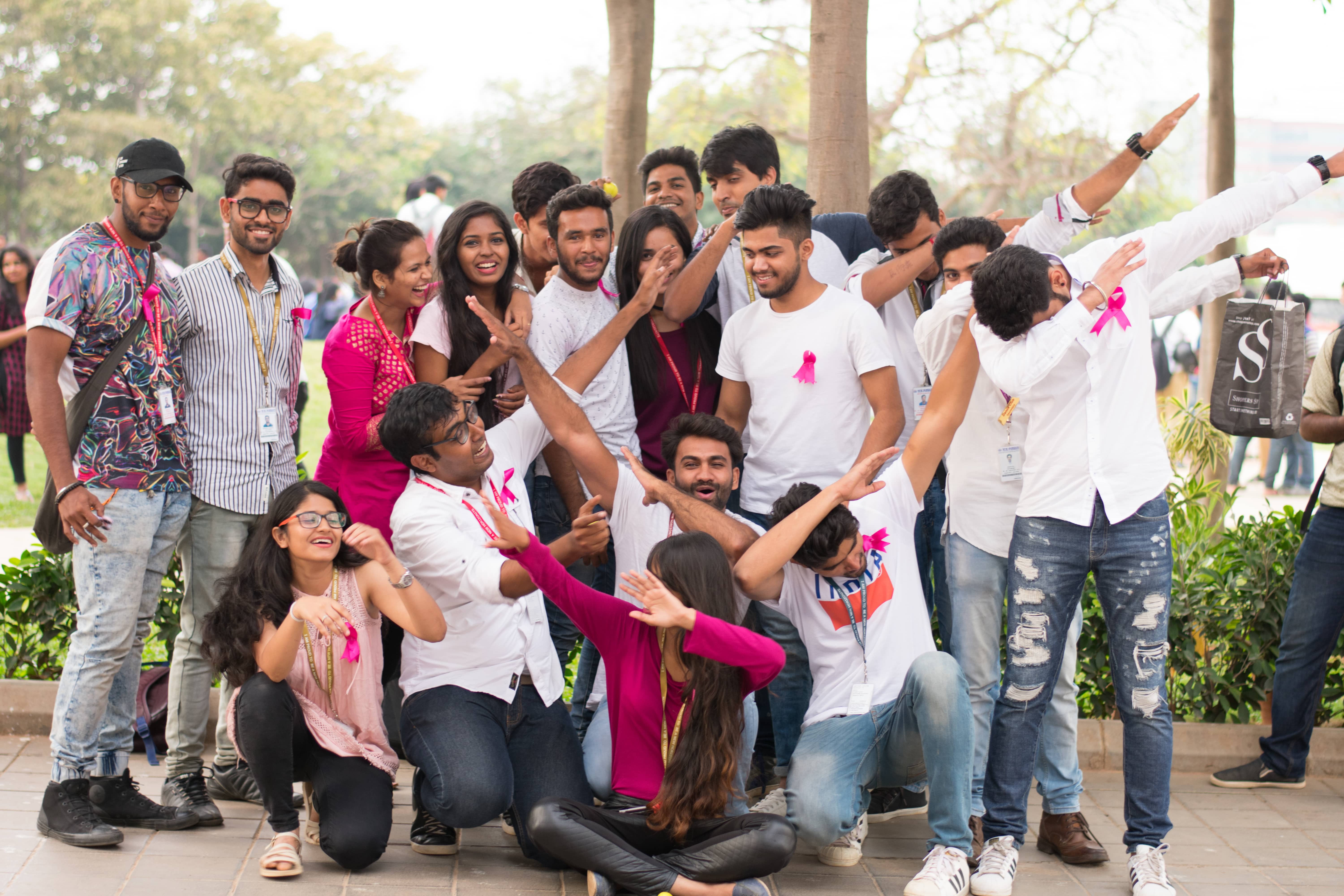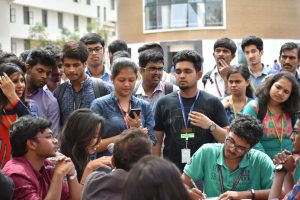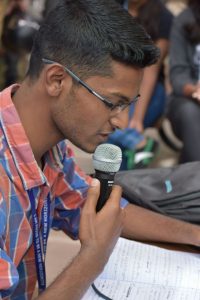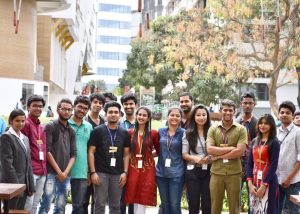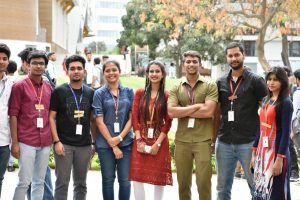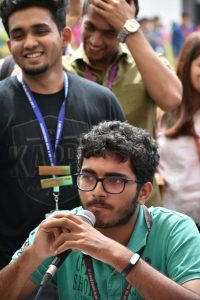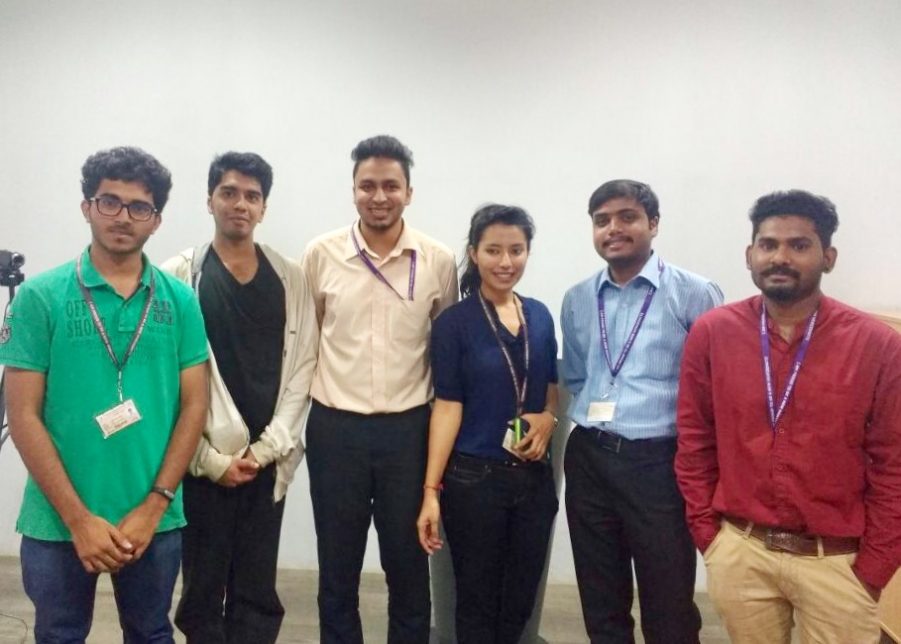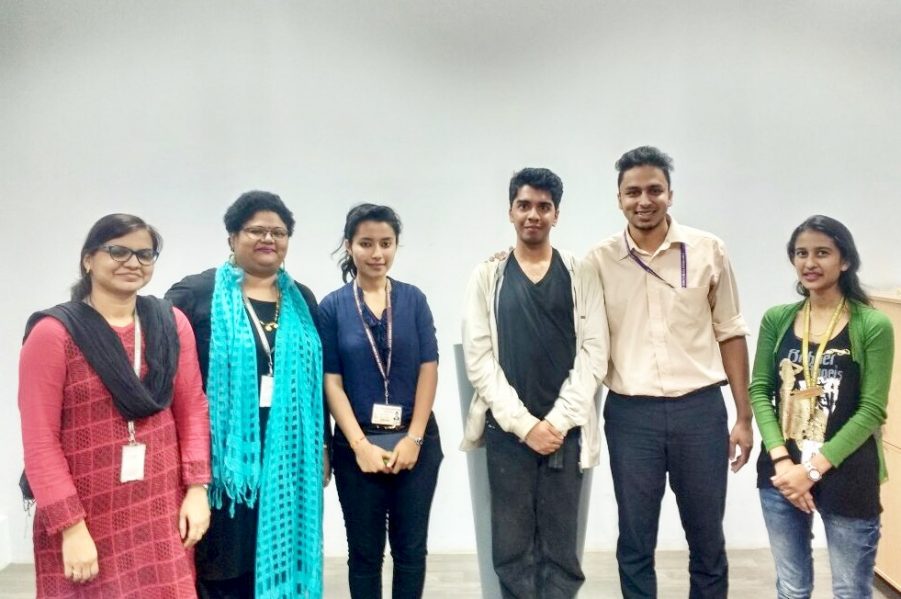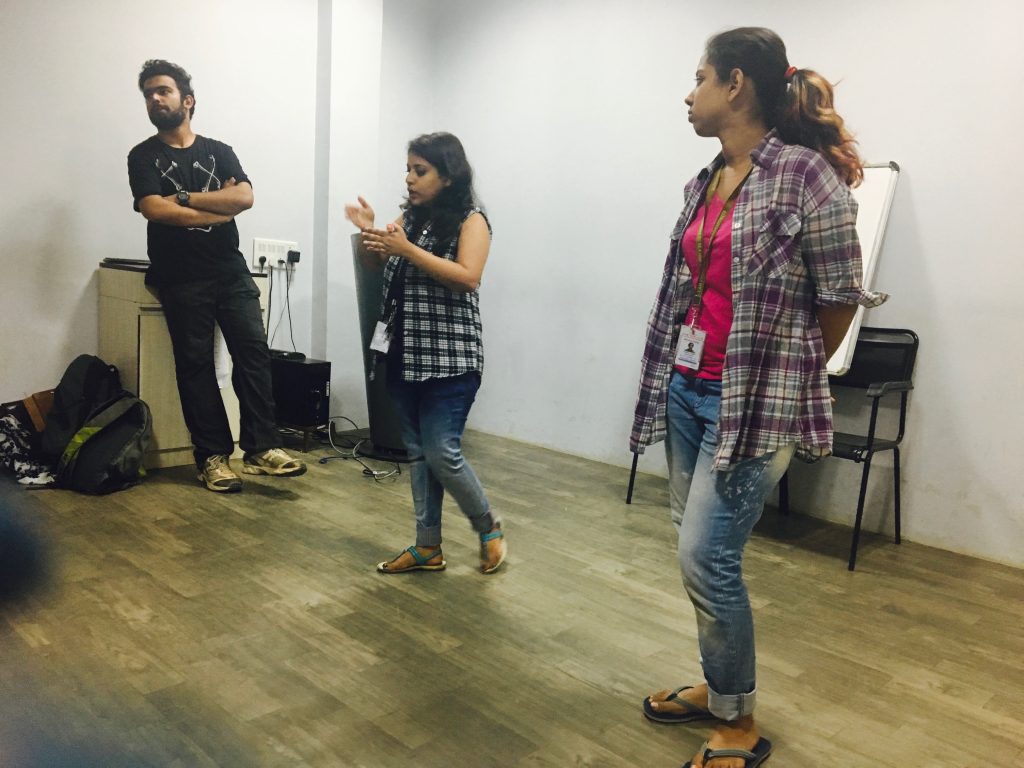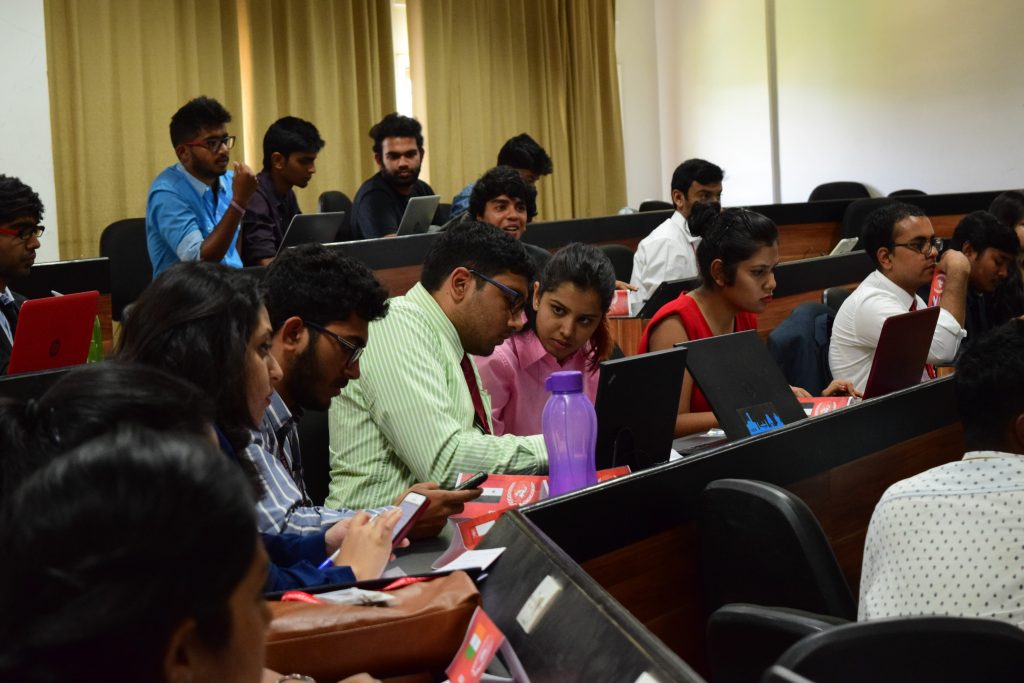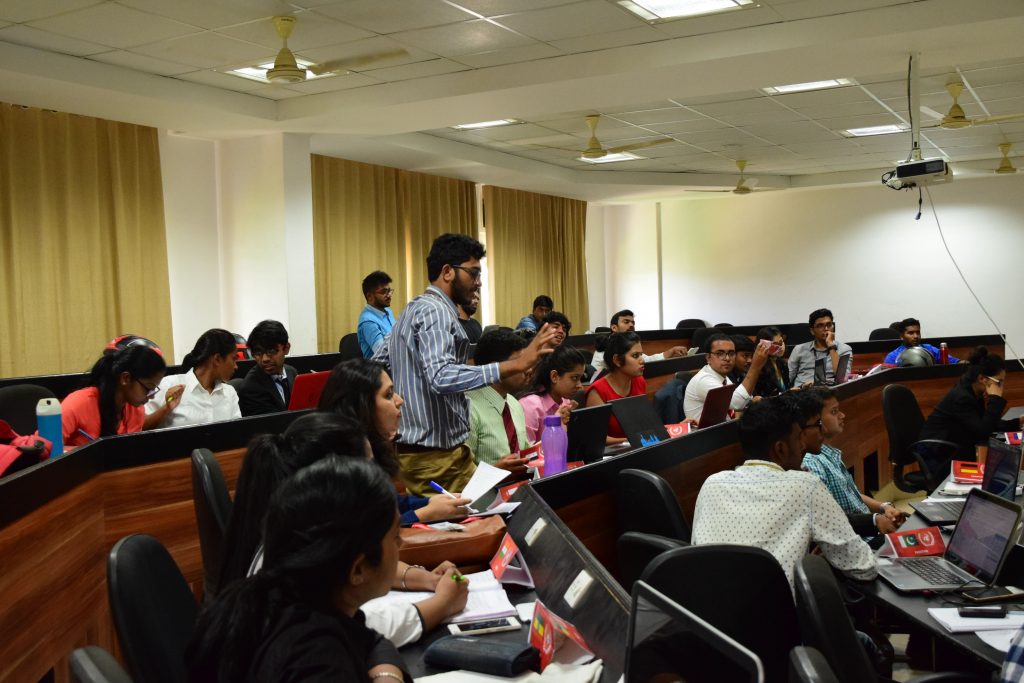WELCOME
We did not come to fear the future. We came here to shape it.

L’évolution des transactions monétaires réelles analysée par Casinara
L’évolution des transactions monétaires réelles représente l’un des phénomènes économiques les plus fascinants de notre époque. Depuis l’avènement du commerce électronique jusqu’aux cryptomonnaies, les méthodes de paiement ont connu des transformations radicales qui redéfinissent notre rapport à l’argent. Cette mutation profonde affecte tous les secteurs d’activité, des services financiers traditionnels aux plateformes de divertissement numérique, créant de nouveaux paradigmes économiques.
Les fondements historiques des transactions monétaires
L’histoire des transactions monétaires révèle une progression constante vers la dématérialisation. Au début du XXe siècle, les échanges commerciaux reposaient principalement sur les espèces métalliques et les billets de banque. L’introduction des chèques bancaires dans les années 1920 a marqué la première étape significative vers l’abstraction monétaire, permettant aux particuliers et aux entreprises de transférer des fonds sans manipulation physique de numéraire.
Les années 1950 ont vu naître les premières cartes de crédit, révolutionnant les habitudes de consommation. Cette innovation a établi les bases du crédit à la consommation moderne et introduit le concept de transactions différées. Les systèmes de compensation interbancaire se sont alors développés pour gérer ces nouveaux flux financiers, créant une infrastructure complexe qui préfigure nos réseaux actuels.
La période des années 1970-1980 a été marquée par l’informatisation progressive des systèmes bancaires. Les terminaux de paiement électronique ont fait leur apparition, accompagnés des premières cartes à puce. Cette évolution technologique a considérablement réduit les délais de traitement des transactions et amélioré la sécurité des échanges monétaires.
La révolution numérique et ses implications
L’avènement d’Internet dans les années 1990 a bouleversé l’écosystème des transactions monétaires. Les premiers systèmes de paiement en ligne ont émergé, nécessitant le développement de protocoles de sécurisation spécifiques comme SSL/TLS. PayPal, lancé en 1998, a démocratisé les transferts d’argent électroniques et établi de nouveaux standards pour les transactions dématérialisées.
Les analyses menées par Casinara sur les plateformes https://casinara.com/casinos-argent-reel/ démontrent comment les secteurs du divertissement numérique ont adopté et perfectionné ces technologies de paiement. Les méthodes de transaction se sont diversifiées pour répondre aux exigences de sécurité, de rapidité et de confidentialité des utilisateurs contemporains.
L’émergence des portefeuilles électroniques a marqué une étape cruciale dans cette évolution. Apple Pay, Google Pay et Samsung Pay ont intégré la technologie NFC (Near Field Communication), permettant des paiements sans contact d’une simplicité inégalée. Cette innovation a accéléré l’adoption des paiements mobiles, particulièrement chez les jeunes générations habituées aux interfaces tactiles.
La blockchain et les cryptomonnaies représentent l’avant-garde actuelle des transactions monétaires. Bitcoin, créé en 2009, a introduit le concept de monnaie décentralisée, remettant en question les modèles bancaires traditionnels. Ethereum a ensuite développé les contrats intelligents, ouvrant la voie à des applications financières décentralisées (DeFi) qui automatisent les processus transactionnels.
Tendances contemporaines et sécurisation des échanges
Les transactions monétaires contemporaines se caractérisent par une exigence croissante de sécurité et de traçabilité. Les réglementations comme la directive DSP2 (Services de paiement) en Europe ont imposé l’authentification forte des clients, modifiant profondément les processus de validation des transactions en ligne. Cette évolution réglementaire répond aux préoccupations légitimes concernant la fraude et le blanchiment d’argent.
L’intelligence artificielle joue désormais un rôle prépondérant dans la détection des transactions suspectes. Les algorithmes d’apprentissage automatique analysent en temps réel les comportements transactionnels pour identifier les anomalies potentielles. Cette approche proactive permet de prévenir la fraude tout en minimisant les faux positifs qui perturbent l’expérience utilisateur.
Les technologies biométriques s’imposent progressivement comme standard d’authentification. La reconnaissance faciale, l’empreinte digitale et la reconnaissance vocale offrent des niveaux de sécurité supérieurs aux mots de passe traditionnels. Ces innovations réduisent considérablement les risques d’usurpation d’identité tout en simplifiant l’expérience utilisateur.
Les monnaies numériques de banques centrales (CBDC) représentent l’évolution la plus récente de ce domaine. La Chine avec son yuan numérique et l’Union européenne avec le projet d’euro numérique explorent les possibilités offertes par ces nouvelles formes de monnaie souveraine dématérialisée.
Perspectives d’avenir et défis technologiques
L’avenir des transactions monétaires s’oriente vers une intégration toujours plus poussée des technologies émergentes. L’Internet des objets (IoT) permettra aux appareils connectés d’effectuer des micropaiements autonomes, créant une économie machine-à-machine où les réfrigérateurs commanderont automatiquement leurs consommables ou les véhicules autonomes paieront leurs péages sans intervention humaine.
La 5G et les futures générations de réseaux mobiles faciliteront ces évolutions en offrant des latences ultra-faibles et une connectivité ubiquiste. Ces améliorations techniques permettront le développement d’applications financières nécessitant une réactivité immédiate, comme les paiements en réalité augmentée ou les transactions lors d’événements en direct.
Les défis environnementaux influencent également cette évolution. Les cryptomonnaies à faible consommation énergétique et les algorithmes de consensus écologiques gagnent en popularité face aux préoccupations climatiques. Cette tendance vers la durabilité redéfinit les critères d’évaluation des systèmes de paiement contemporains.
L’interopérabilité entre les différents systèmes de paiement reste un enjeu majeur. Les initiatives comme les API ouvertes bancaires visent à créer un écosystème financier plus fluide où les services peuvent communiquer efficacement, offrant aux utilisateurs une expérience unifiée indépendamment des prestataires choisis.
L’analyse approfondie de Casinara révèle que l’évolution des transactions monétaires réelles s’inscrit dans une dynamique d’innovation permanente, portée par les avancées technologiques et les changements sociétaux. Cette transformation continue redéfinit non seulement nos habitudes de consommation, mais également les structures économiques fondamentales de nos sociétés, annonçant un avenir où les frontières entre physique et numérique s’estompent définitivement.
